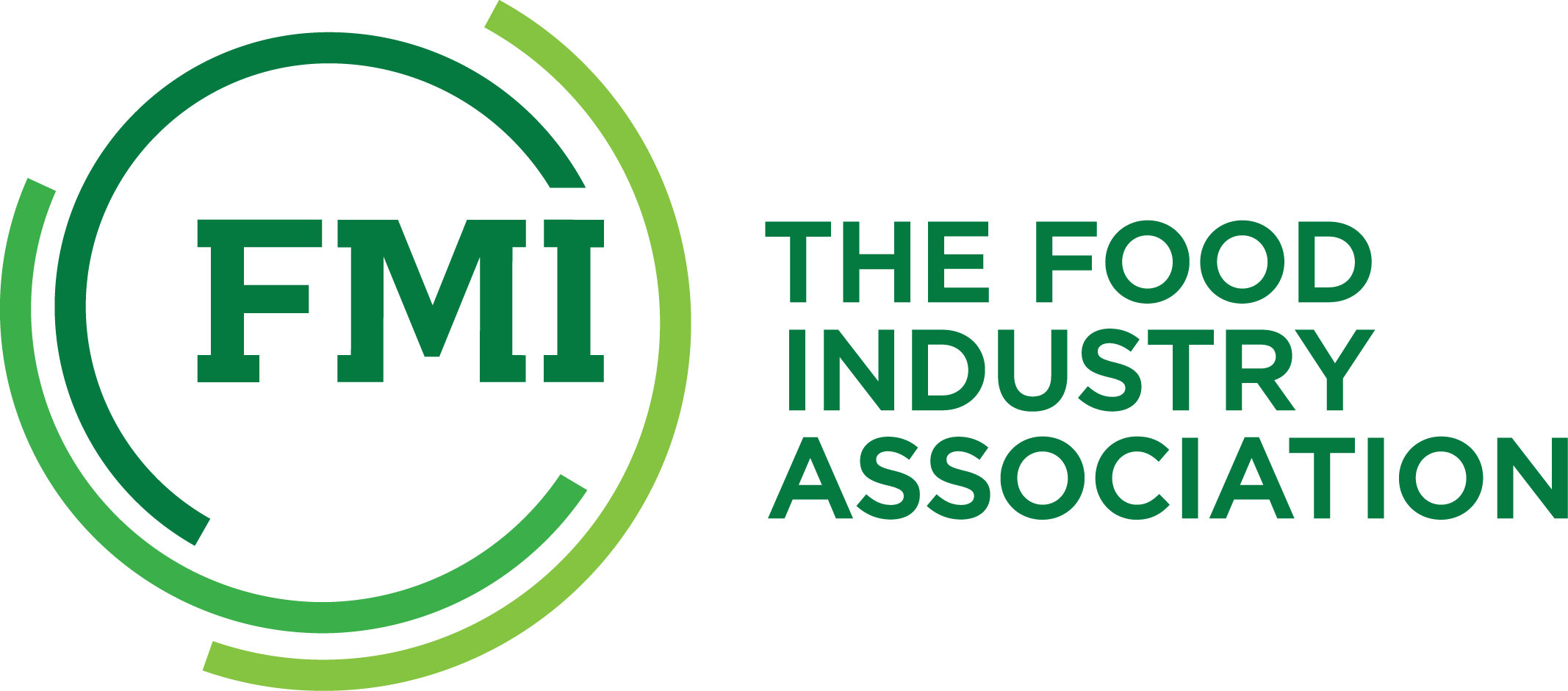This is a FMI authored article by Peter Matz, Director, Food & Nutrition Policy, FMI.
Our members have been and continue to be a critical component of ensuring the availability of food, pharmacy and health care services in communities across this nation, beginning in the initial days of the COVID-19 pandemic. They have sustained, bolstered, and at times shifted operations to ensure Americans have access to safe, nutritious, and affordable foods and goods in high demand while supermarket pharmacies have continued to serve as a bridge between our communities and other providers, offering patients immediate care that is close and convenient to home.
Throughout the pandemic, FMI has worked closely with federal agencies and Congress to both elevate the critical role of supermarket pharmacists and advocate for our industry’s other essential workers, who together touch the lives of more than 100 million US households on a weekly basis.
Here’s a snapshot of the work we’re doing:
Pharmacists in all 50 states are now authorized to administer COVID-19 immunizations and childhood vaccinations.
Given the success to date of pharmacists administering vaccines, serving as knowledgeable and accessible immunization providers within their communities and collaborating with public health and other providers, FMI made the case that a successful COVID-19 vaccination plan should actively involve pharmacists. Fortunately, the federal government agreed and pharmacists are now allowed to order and administer COVID-19 vaccines as well as other vaccines for anyone 3-18 years old for the remainder of the public health emergency – something FMI is pushing to build on and extend beyond the pandemic.
We’re also raising other key points for policymakers and health authorities to consider as they plan for the allocation and distribution of COVID-19 vaccines. For example, it is imperative that the federal government ensures coverage and reimbursement for COVID-19 vaccinations while also anticipating equipment needs and supply sources – from needles, syringes, disinfecting wipes and glass vials, to freezers for vaccine storage.
The importance of supermarket pharmacies
It is vital for supermarket pharmacies to be part of the solution. FMI member companies operate roughly 12,000 supermarket pharmacies nationwide, with pharmacists providing in-depth patient counseling and comprehensive immunization services. Moreover, the ability for consumers to receive a COVID-19 vaccination at the same location where they already purchase food and other essentials is not only a convenience, it is safer and reduces the risk of exposure in the midst of a pandemic. Many FMI pharmacy members have large footprints and parking lots that allow social distancing while additional/extended store hours provide times for seniors and immunocompromised patients to receive vaccinations. Finally, being such trusted health care providers, supermarket pharmacists can play a key role in addressing patient concerns and highlighting the importance of getting vaccinated.
FMI has advocated for pharmacists and pharmacy technicians to be among those who are given the highest priority for receiving COVID-19 vaccinations.
Pharmacists are among the country’s most accessible health care providers, with close to 90 percent of the US population living within five miles of a pharmacy.
With this in mind, FMI has provided input to congressional committees and federal agencies/advisory committees while engaging with the CDC regarding the need to give pharmacists and pharmacy technicians the highest priority for receiving COVID-19 vaccinations, so they can continue to care for patients safely. Therefore, we are pleased the CDC (here) and National Academies of Sciences (here) have both recommended that frontline health care workers who have the potential for direct or indirect exposure – including pharmacists administering the vaccine – should be among those who receive the first available doses of COVID-19 vaccines.
Prioritization of essential food industry workers for COVID-19 vaccinations
To continue to protect the nation’s supply of food as well as other essential consumer goods, we have requested that food and agriculture sector workers, as well as those helping to supply critical personal and commercial cleaning supplies, be given the next highest priority for receiving COVID-19 vaccinations after our nation’s healthcare workers (including pharmacists and pharmacy technicians) and first responders. Prioritizing vaccinations for these workers will help keep supply chains operating, while those designated to receive the vaccine later continue to observe safety and distancing measures in their communities.
These are just a few of the priorities we will continue raising with policymakers on Capitol Hill and in the federal government as well as with the many federal advisory committees guiding pandemic response efforts related to COVID-19 vaccines.


